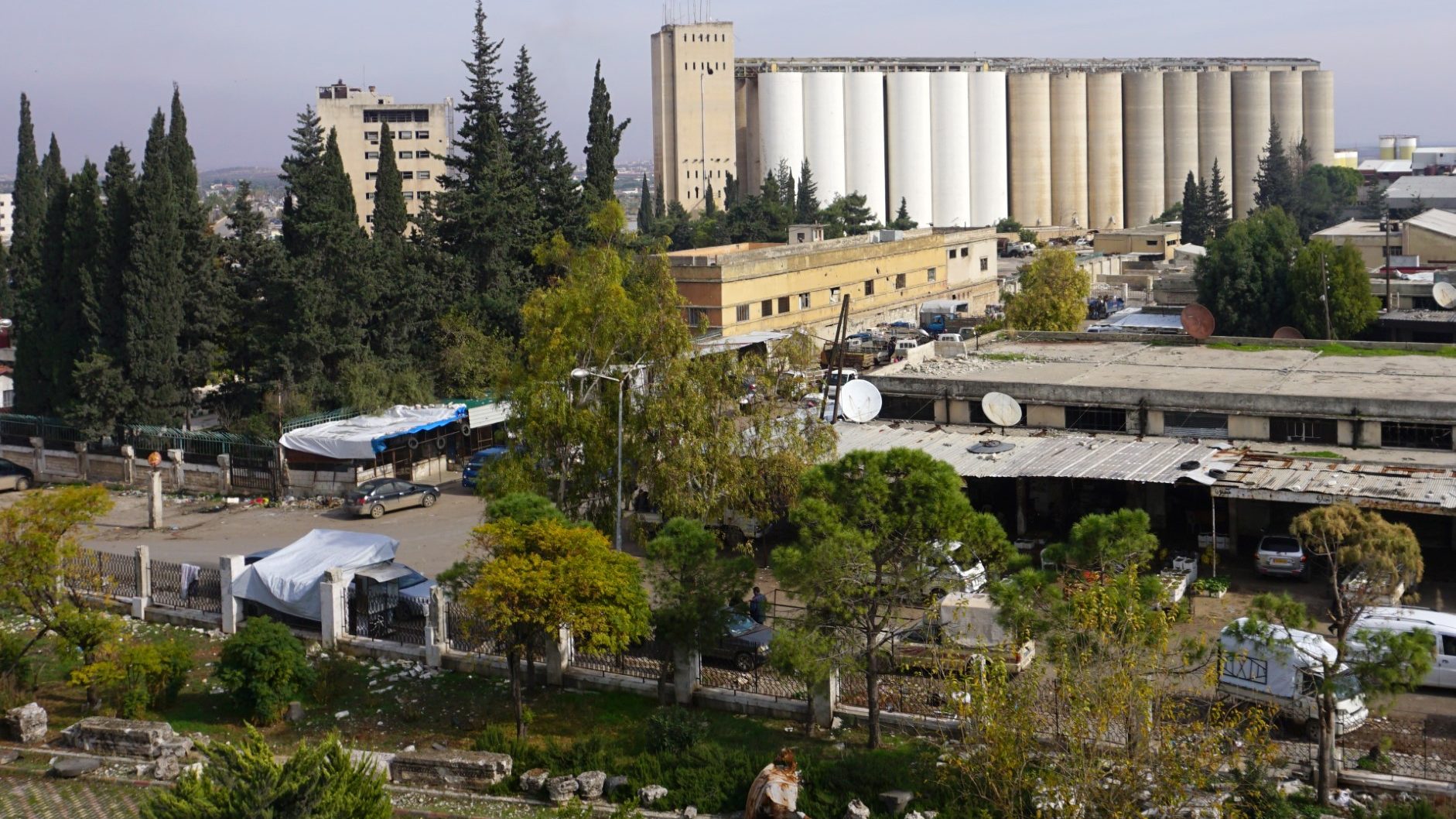The Syrian regime’s government is currently in a state of disarray amidst fears of a wheat crop shortage during the upcoming season. The subsequent crisis could slash the availability of bread in various Syrian governorates, particularly in the capital Damascus.
Informed sources told Sowt al-Asima that these concerns have arisen before the wheat harvest season, which will start in early May. The sources explained these concerns are shared by farmers and pastoralists on the one hand, and the regime’s many farmers’’ concerns relate to expected decisions by the “government,” which could exploit their upcoming season, the sources said.
The sources indicated that these decisions are expected to force farmers to sell their crops for lower amounts than the cost price, under the pretext of “supporting wheat as a basic commodity.”
Read Also: Relief Agency Warns of Severe Food Shortage in Northern Syria
Farmers’ concerns also revolve around the regime’s failure to provide enough fuel to harvest crops, as well as its refusal to provide necessary credit facilities, the sources said.
From the other perspective, the regime’s concerns lie with the shortage of wheat [likely to be] produced next season, as well as fears about insufficient quantities being available until the annual harvest, according to sources.
Omani aid and Russian rejection
Confidential sources have told Sowt al-Asima that an aid shipment of 100,000 tons of flour arrived in Syria from Oman on the first day of Ramadan.
Oman’s aid came after Moscow rejected demands from the regime’s government to send a new wheat shipment. Russia justified its refusal to send the shipment with reference to the economic crisis that hit Russia over its war on Ukraine.
In addition, wheat supplies from India faltered, days after a deal to import 200,000 tons of wheat was announced. According to the sources, this development has further raised concerns about a looming bread crisis.
This article was translated and edited by The Syrian Observer. The Syrian Observer has not verified the content of this story. Responsibility for the information and views set out in this article lies entirely with the author.


